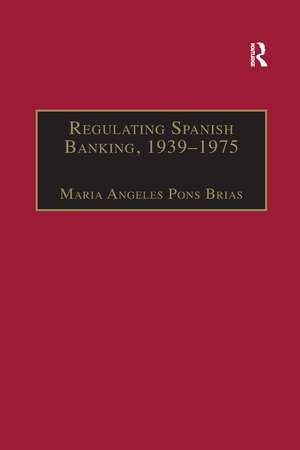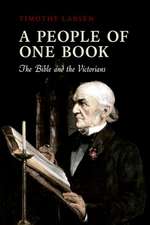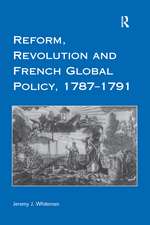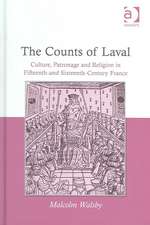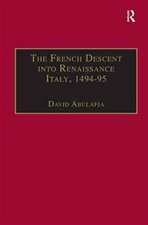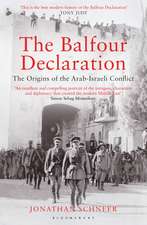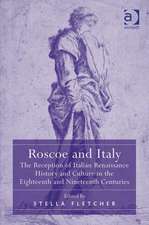Regulating Spanish Banking, 1939–1975: Studies in Banking and Financial History
Autor Maria Angeles Pons Briasen Limba Engleză Paperback – 26 oct 2016
| Toate formatele și edițiile | Preț | Express |
|---|---|---|
| Paperback (1) | 216.07 lei 6-8 săpt. | |
| Taylor & Francis – 26 oct 2016 | 216.07 lei 6-8 săpt. | |
| Hardback (1) | 767.74 lei 6-8 săpt. | |
| Taylor & Francis – 6 mai 2002 | 767.74 lei 6-8 săpt. |
Preț: 216.07 lei
Preț vechi: 258.66 lei
-16% Nou
Puncte Express: 324
Preț estimativ în valută:
41.34€ • 43.17$ • 34.22£
41.34€ • 43.17$ • 34.22£
Carte tipărită la comandă
Livrare economică 04-18 aprilie
Preluare comenzi: 021 569.72.76
Specificații
ISBN-13: 9781138272873
ISBN-10: 1138272876
Pagini: 264
Dimensiuni: 156 x 234 mm
Greutate: 0.45 kg
Ediția:1
Editura: Taylor & Francis
Colecția Routledge
Seria Studies in Banking and Financial History
Locul publicării:Oxford, United Kingdom
ISBN-10: 1138272876
Pagini: 264
Dimensiuni: 156 x 234 mm
Greutate: 0.45 kg
Ediția:1
Editura: Taylor & Francis
Colecția Routledge
Seria Studies in Banking and Financial History
Locul publicării:Oxford, United Kingdom
Cuprins
Contents: Introduction; The development of the Spanish economy, 1939-1975: Introduction: Spain at the end of the Civil War; The main options of the Franco economic programme; The transformations of the 1950s: the Stabilisation Plan; Conclusions; The Spanish financial system, 1939-1975: The Spanish financial structure: size and diversification; The Spanish banking system; Savings banks; Conclusions; Main regulatory framework and regulatory bodies 1939-1975: Banking regulation in Spain, 1939-1962; The Banking Law of 1962 and subsequent reforms; Main regulatory bodies; Traditional views about the role of the Spanish banking sector during the Franco regime; Conclusions; The reasons for regulating the banking sector in Spain, 1939-1975: The causes of banking regulation: some theoretical considerations; The objectives of financial regulation in Spain, 1940-1975; Conclusions; Banking regulation theory: A model of banking behaviour without regulation; The effects of regulatory constraints on banking behaviour; Conclusions; Spanish banking profitability and regulation under Franco: Interest rate controls and Spanish banking behaviour; The main determinants of Spanish banking profitability and the influence of regulation; Banking regulation and risk; Conclusions; Conclusions; Sources and bibliography; Index.
Notă biografică
Maria Angeles Pons Brias is lecturer in Economic History in the Faculty of Economics at the University of Valencis. She is the author of several articles on the Spanish banking system, including ’Capture or agreement? Why Spanish banking was regulated under the Franco regime (1939-1975)’, Financial History Review 6 (1999); and in P. MartÃn Aceña and M. Titos MartÃnez (eds), El sistema financiero en España. Una sÃntesis histórica. Her current research interests lie in the fields of the analysis of collusion and restrictive practices in the Spanish banking system under the Franco regime and the ’universal’ character of the Spanish banking sector.
Recenzii
'This work is definitively a qualitative leap in Spanish banking literature, since it provides a theoretical bench-mark that affords a revision of some of the little-known topics regarding the banking regulations of Franco's regime, particularly their reasons and their effects. Not only because of its theoretical proposal, but also due to its use of indicators that demonstrate that the regulation was neither uniform, nor had any similar effects on the banking industry, this book is a valuable reference for understanding the economic policy of the regime as well as the evolution of the Spanish banking industry.' Business History
Descriere
Banking regulation has been the subject of intense debate in recent years. This book contributes to that debate in its study of the impact of financial regulation on Spanish banking performance, especially profitability, from the end of the Spanish Civil War to the end of the Franco regime.
